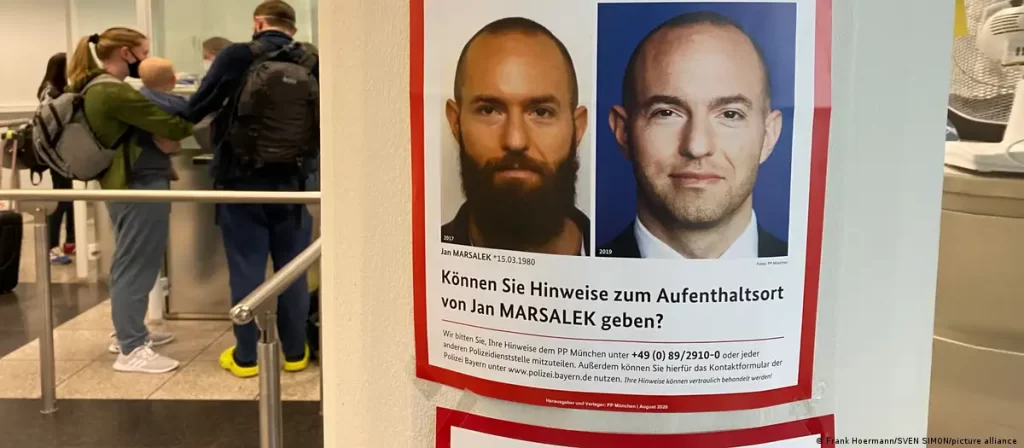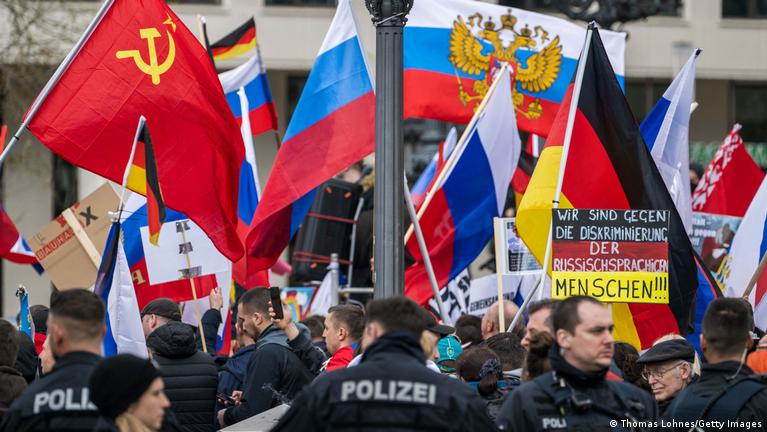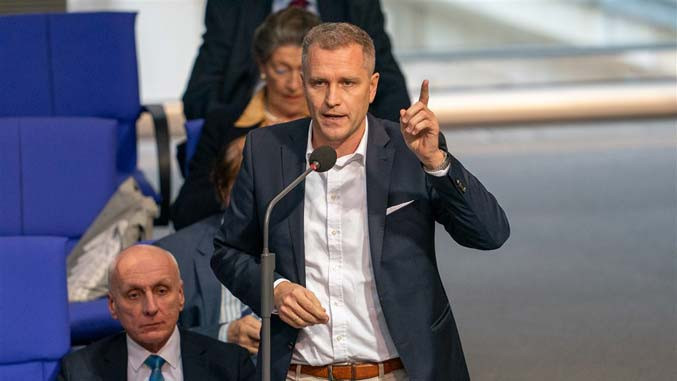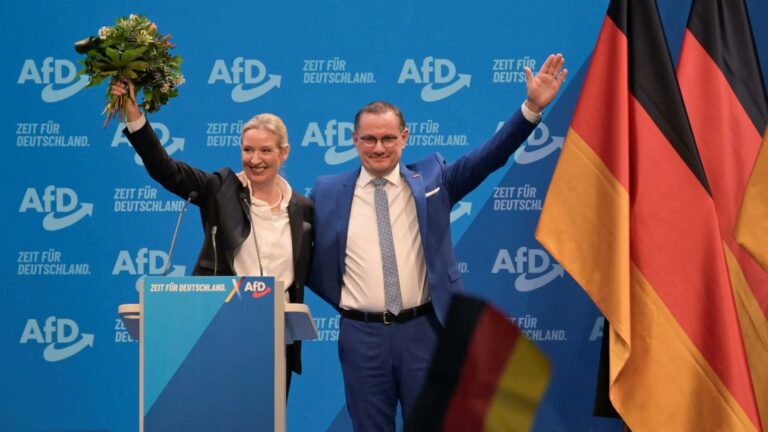Russia is reportedly preparing to interfere in Germany’s upcoming elections, aiming either to bolster pro-Kremlin political forces or to disrupt the process and discredit the results. The operation plan is currently under review by Nikolai Patrushev, a presidential advisor and Secretary of the Security Council.
Key Strategy: Exploiting Anti-Migrant Sentiment
According to available information, the Kremlin plans to capitalize on anti-migrant sentiment to support the Alternative for Germany (AfD) party. This includes leveraging connections within Middle Eastern migrant communities to destabilize the situation and create a conducive atmosphere. Preparations for the operation are expected to conclude by February 5.
Meanwhile, Berlin’s Center for Monitoring, Analysis, and Strategy reports an ongoing disinformation campaign targeting German voters. Since mid-December, experts have identified approximately 630 fake and propaganda posts, primarily on the social network X (formerly Twitter). These posts, disguised as user-generated content, link to counterfeit articles from major German outlets such as Der Spiegel and Die Welt, nearly indistinguishable from authentic reports.
Russia’s Coordination Efforts
These publications are reportedly coordinated from Russia, with users accessing the internet via IP addresses tied to Voentelecom, a structure under the Russian Ministry of Defense. Activity peaks during Moscow’s standard working hours. The U.S. FBI believes the operation is managed from the Kremlin.
The fake posts, often automated translations from Russian, include notable errors. For example, the Alternative for Germany party (AfD) is frequently mislabeled as “ADG,” a transliteration of its Russian abbreviation. Posts exhibit anomalous engagement patterns, such as an unusual ratio of shares to likes and comments. They focus on recurring themes to stoke fears of economic instability, rising energy costs, shortages, and a migrant crisis.
Targeting Germany’s Political Landscape
Russian military intelligence appears focused on discrediting the Alliance 90/The Greens party. Chancellor Olaf Scholz and his Social Democratic Party (SPD) are also frequent targets, primarily for their support of Ukraine. However, criticism has increasingly shifted toward the Christian Democratic Union (CDU) and its chancellor candidate, Friedrich Merz, as the Bundestag elections draw closer.

More on this story: Moscow used mock eavesdropping to launch campaign targeting Olaf Scholz

More on this story: Moscow plotting to remove German Chancellor
In contrast, Russia’s information campaign portrays the AfD in a favorable light.
Broader Covert Operations
Russian military intelligence is reportedly recruiting Russian-speaking EU citizens via social networks operated from Crimea. Recruits are used to procure detailed maps and anonymous SIM cards from European mobile operators, signaling preparations for large-scale operations. These may include sabotage against military and infrastructure targets, potentially carried out by individuals from migrant communities.
To facilitate these activities, Russian diplomatic missions in Germany have received significant cash transfers from Moscow, allegedly to bribe and compensate Russian expatriates in Germany. Drone activity over German military sites is believed to be part of this broader subversive campaign.
Russia has a history of attempting to interfere in German elections to advance its strategic interests. These efforts are primarily aimed at destabilizing Germany’s political landscape, undermining pro-NATO and pro-Ukraine parties, and bolstering parties that are more sympathetic to Russian perspectives.
Russian actors have disseminated false narratives linking migrants to societal problems. For instance, in France, Russian-backed campaigns spread panic about bed bug infestations in Paris, falsely attributing the outbreak to Ukrainian refugees. This tactic sought to incite anti-immigrant sentiment and influence voter perceptions.
Weaponizing Migration:
Russia has been accused of using migration as a tool of hybrid warfare. In Poland, authorities have reported that Russia, through Belarus, has facilitated illegal border crossings by migrants from Africa and the Middle East. This strategy aims to provoke and destabilize the region, creating security concerns that can be leveraged to influence public opinion and electoral outcomes.
Supporting Pro-Russian Parties:
By exacerbating migration issues, Russia seeks to strengthen political parties that are sympathetic to its interests. In Germany, studies have identified Russia-linked websites spreading disinformation targeting pro-NATO and pro-Ukraine politicians, while promoting nationalist and pro-Russia figures, such as those from the far-right Alternative for Germany (AfD). In summary, Russia manipulates migration issues through disinformation and hybrid warfare tactics to influence elections. By stoking anti-immigrant sentiment and supporting aligned political factions, it aims to sway public opinion and electoral outcomes in its favor.

More on this story: Russia’s intelligence services have significantly altered their HUMINT


More on this story: Kremlin to use Germany for EU breakup

More on this story: Russia launching massive election meddling operation in Germany




